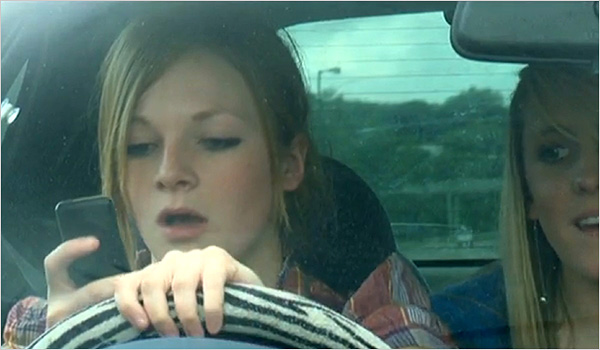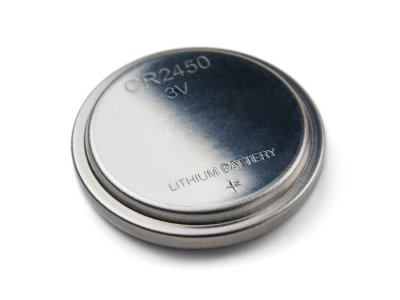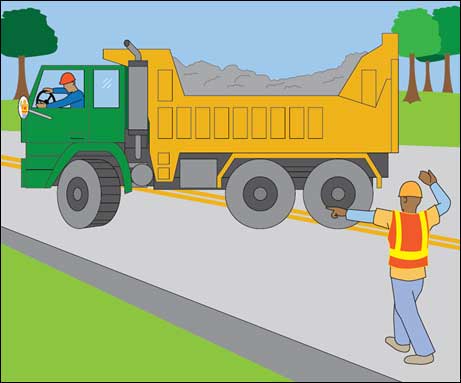 Here are the more common road hazards:
Here are the more common road hazards:
-Pedestrians: People crossing the street become a hazard when they fail to use pedestrian crosswalks. If it is the pedestrian’s right-of-way, then he or she should not have to yield for an oncoming vehicle.
-Children: Children are curious and can sometimes be left unattended. They may dart into the street for any toys or to chase any objects. Drivers should use extreme caution when driving through child-populated areas.
-Animals: Just like children, these creatures can be curious and unpredictable. Some animals may have the sense to get off the street, but those who do not increase the chance of causing an accident.
-Debris: This can be any loose objects on the street such as: tree branches, tires, bags, boxes, and objects that have fallen off another vehicle.
-Potholes and Uneven Roads: These items may cause damage to an automobile and can lead to a bigger accident involving two or more vehicles.
via Common Road Hazards.
 Most American teenagers are told not to text and drive, but the evidence is millions are not listening. In an analysis of a 2011 survey done by the Centers for Disease Control, 46 percent of drivers at age 17 admitted they texted while driving, a number that rose to 52 percent for drivers over 18. Distracted driving – including texting – is now the leading single cause of teenage fatalities.
Most American teenagers are told not to text and drive, but the evidence is millions are not listening. In an analysis of a 2011 survey done by the Centers for Disease Control, 46 percent of drivers at age 17 admitted they texted while driving, a number that rose to 52 percent for drivers over 18. Distracted driving – including texting – is now the leading single cause of teenage fatalities.








